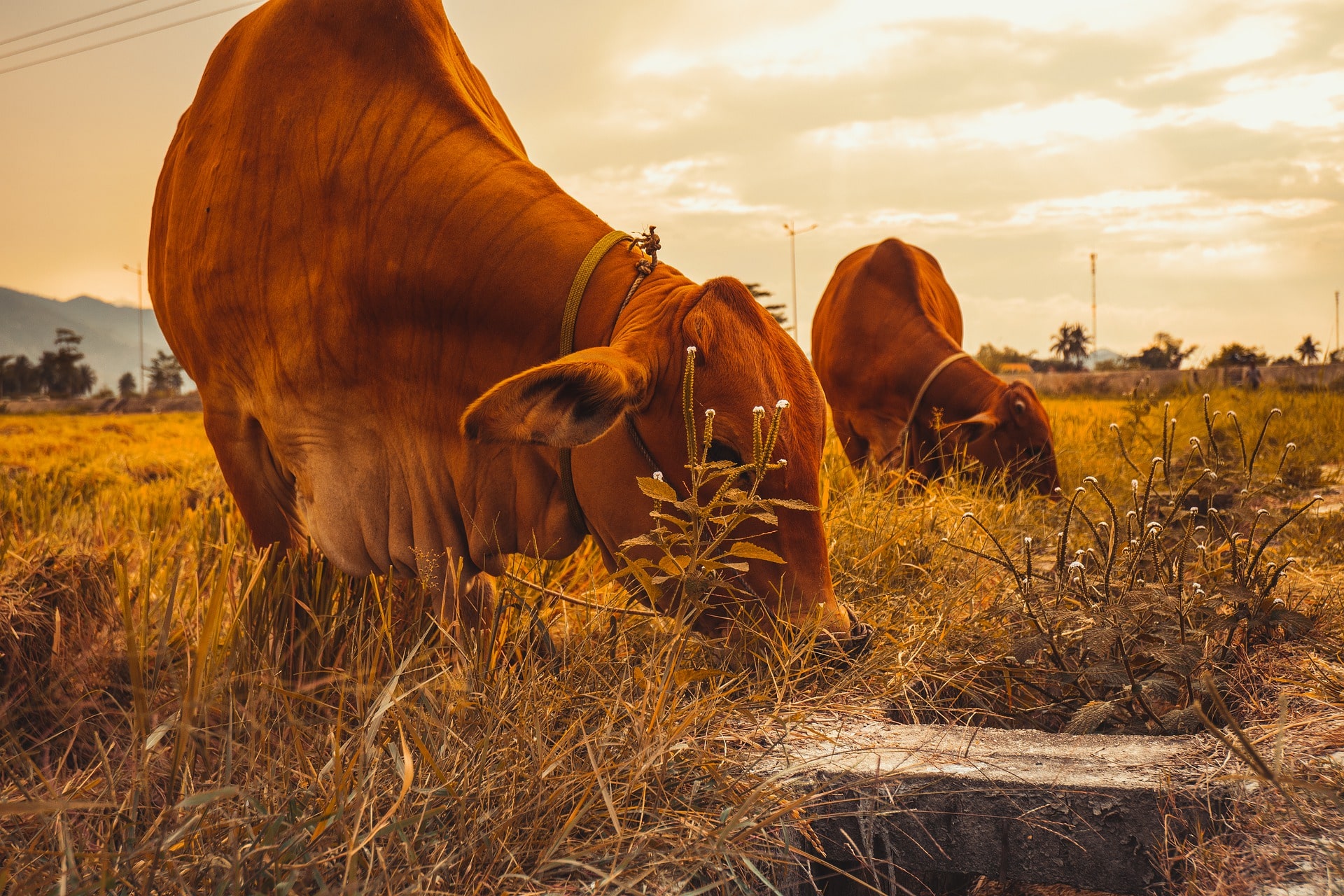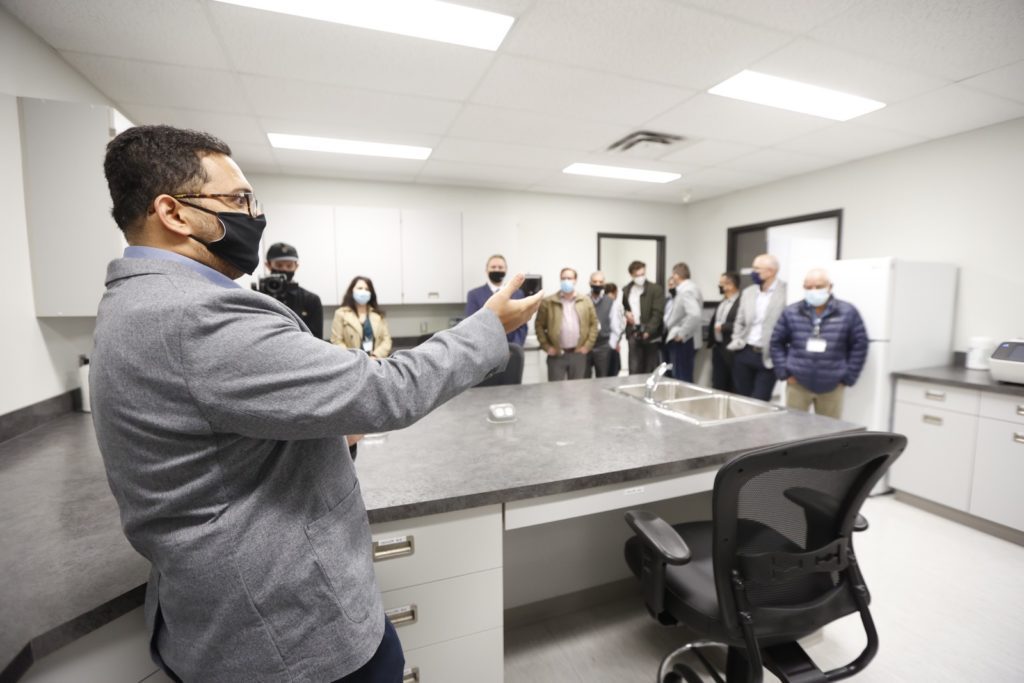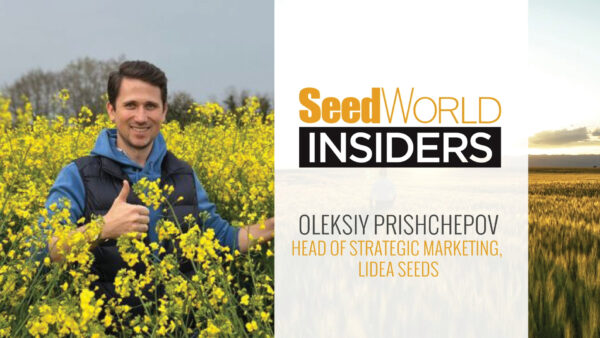Granot Group and NRGene Technologies Ltd. (NRGN) are joining forces to create indoor and vertical farming varieties that could enhance crop productivity while decreasing the environmental footprint.
The first phase of the collaboration will focus on the development of seedlings to use in vertical farming facilities for dairy cow feed. The project will focus on wheat since it is commonly used for cow feed.
The new seedling varieties will lessen the cost of production, offering a cheaper option to grain and silage, according to a release. The acceptance of seedlings by dairy farmers could result in amplified productivity of dairy cows and better milk quality.
The Granot Group will provide $2 million to fund the project, in addition to their vast knowledge of the animal feed field. They will have exclusive distribution rights in Israel, with the potential for other territories across the globe.
NRGene Canada will head the research and development process. They will supply any additional funding needed to complete the project. The new seedling varieties are projected to go to market in 2024.
After the developmental phase has been completed, NRGene Canada and Granot will build an equally owned company to concentrate on wheat grain production and commercialization for dairy farms. The new company will have exclusive ownership over any intellectual property developed throughout the collaboration.
By developing specific varieties for vertical farming, Granot Group and NRGene believe they can lessen the use of limited resources, increase yields, reduce food prices and improve food quality.
“Traditional agriculture poses many challenges to the environment, including the use of land, water, human resources and the distance between the field to the customer, thus vertical farming can address these challenges but also overcome new ones such as genetic challenges,” said Oran Scott, head of Innovation and BizDev at Granot Group. “Genetic costs can exceed 75% of production costs for livestock feed crops.
“The collaboration between the two companies will allow us to utilize genetics in solving tomorrow’s challenges while reducing our environmental footprint. The Granot Group wishes to promote Israeli agriculture in general and agricultural technology in particular. By cooperating with technology-leading companies such as NRGene and others, we will remain at the forefront of Israeli technology.”
The companies are analyzing additional crops and fresh produce varieties. NRGene’s AI technology recognizes the optimal genetic content for individual crops that could lead to the precise, rapid and cost-effective development of various products. The varieties are developed naturally, allowing them to bypass regulatory restriction for their production and commercialization, which would be a barrier if they were genetically modified or gene edited.
“At NRGene, we are working relentlessly to increase food production while reducing environmental negative impacts. Vertical farming fits into this equation perfectly” said Gil Ronen, CEO and founder of NRGene. “We are always searching for partners who share our goals and Granot, with its market understanding and presence throughout the entire supply chain, is an excellent choice.”
Read More:
NRGene Signs Agreement with Top Seeds International
Space to Grow, or Grow in Space, How Vertical Farms Could be Ready to Take-Off
Vilmorin-Mikado 2020 Leafy Range for Hydroponic Production and Vertical Farming













